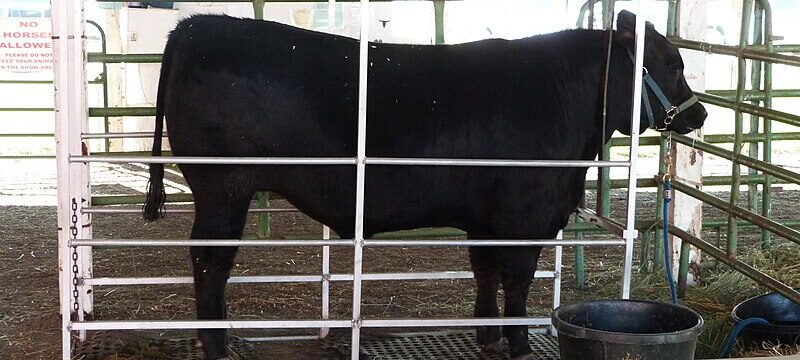Regularly weighing your cattle is crucial, regardless of your farm’s size or the number of you have. Here’s why it’s important to weigh cattle regularly, preferably weekly:
Selection of Food Recipe:
Cattle grow at different rates due to breed genetics, age, and condition. A weight data sheet helps determine if the current diet is effective. A farm typically maintains a healthy, balanced diet, but adjustments may be needed for cattle to lose weight. For example, a cow under two years old in optimal condition can gain about 1 kg per day just from grazing. Farms focused on beef production might need to accelerate weight gain by adding a variety of nutrient-rich foods. Knowing which cattle need which type of food reduces waste and unnecessary expenses.
Health and Medicine:
Monitoring weight and growth is essential for identifying cattle that might need vaccines, medicines, or supplements.
Breeding Factors:
The right weight ensures optimal breeding frequency and can influence the breeding cycle, which depends on the cattle’s active live weight.
Selling Cattle:
When a cow stops gaining weight despite adequate feeding, it might be time to sell it. The same applies to dairy cows that are no longer getting pregnant.
To maximize profit, it’s essential to manage a farm effectively by lowering costs and adding value to products, whether in beef, milk, or calf production. Weight monitoring and maintaining data sheets throughout the farm facilitate informed decisions regarding food, medicine, and vaccines, ensuring economical and optimal management. It also helps determine the best time to sell cattle.

